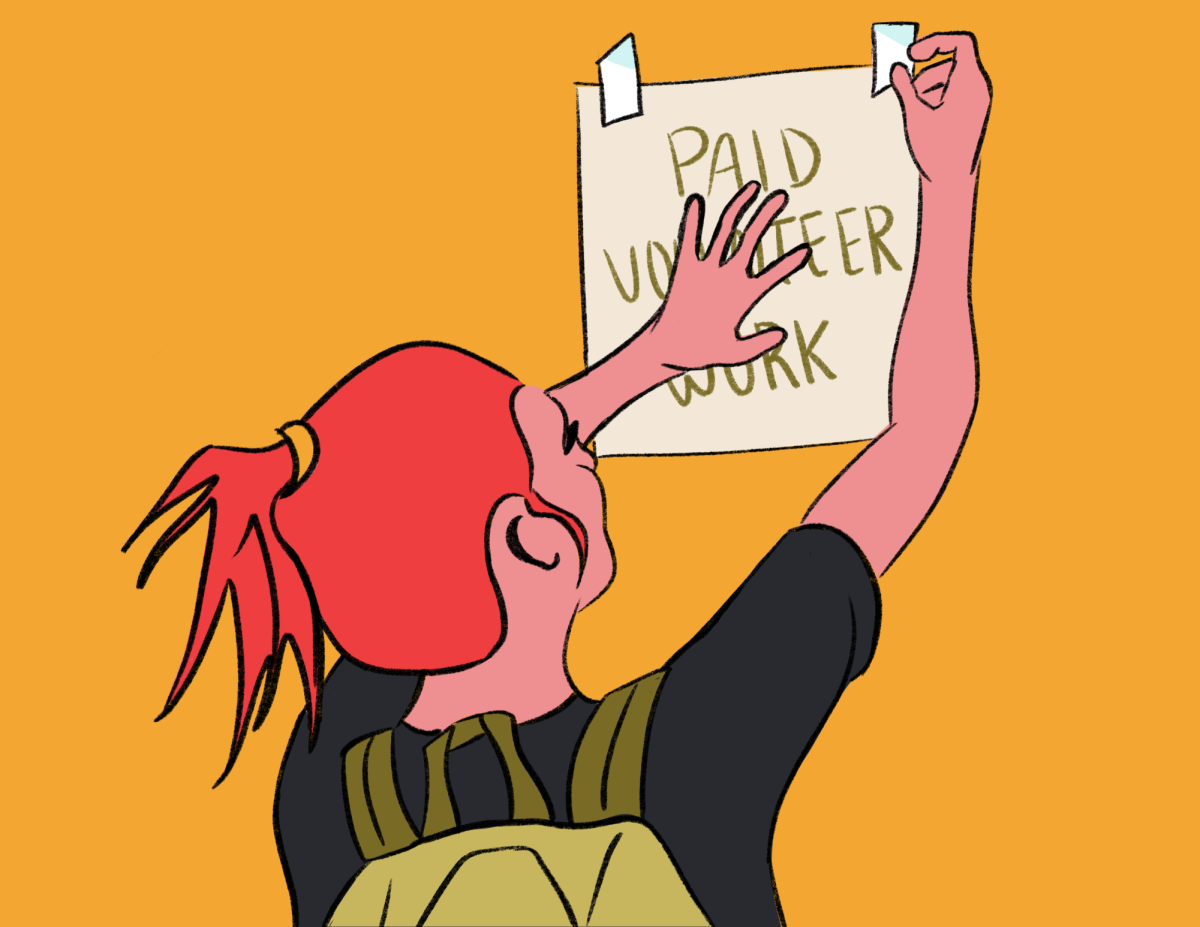An ethics battle that began last fall on the state’s Capitol Hill raged Tuesday at the U.
Two Republican state legislators, Sen. Lyle Hillyard, and Rep. Lorie Fowlke, squared off against two members of Utahns for Ethical Government in a debate about a sweeping ethics reform initiative at the Hinckley Institute of Politics.
The initiative, which UEG hopes to place on the ballot for the 2010 elections, was inspired in part by six alleged ethics violations, including bribery and extortion, leveled against former Republican Rep. Greg Hughes last year. Although Hughes was ultimately cleared of wrongdoing, the ordeal raised serious questions about the adequacy of ethics protocol in the legislature.
“(Corporations) contribute money to more than 80 percent of the sitting legislators,” said Kim Burningham, chairman of UEG. “Now what prompts a company to give that kind of money to candidates, even to legislators that run unopposed?”
Burningham and UEG attorney David Irvine pressed the case for a comprehensive ethics initiative that would, for more than $400,000, create a five-member independent ethics commission, place caps on corporate and union donations to campaigns and require candidates to disclose potential conflicts of interest, among other things.
“I’ve found as a lawyer and as a legislator as long as I’ve been up there, it’s easy to espouse goals and the things you want to do, but what becomes really important is putting words down that have meanings that people can follow,” said Hillyard. He also said the UEG initiative was weak because it had not been subject to the rigors of committee debate like most legislation.
Hillyard said current disclosure rules were sufficient to give voters an idea of where contributions are coming from and that they could cast their vote accordingly if they found something objectionable.
Burningham and Irvine highlighted Utah’s status as one of the five remaining states that have yet to pass caps on campaign contributions from corporations and unions. Burningham cited a Deseret News poll from last year showing that 81 percent of campaign contributions to the legislature came from businesses and special interests.
Irvine said every committee member reviewing last year’s ethical complaints found the ethics code to be so ambiguous that it was virtually useless. Fowlke said there are problems with the ethics process but said heaping on new regulations wouldn’t necessarily bring about desired changes. She also said six new measures were passed last spring.
“They’re certainly not the end-all, but they’re a significant start,” she said.
Irvine was unequivocal when asked if some of the proposed reforms infringe on freedom of speech, particularly limits on campaign contributions, as Gov. Gary Herbert has said.
“The principle problem with dumping unlimited amounts of money into campaigns is that we believe there tends to be the expectation of a quid pro quo, and the limits on contributions to candidates in federal law have historically been upheld by the United States Supreme Court,” Irvine said.
To get their initiative on the 2010 ballot, Irvine and Burningham must collect signatures from at least 10 percent of the voting population. Irvine concluded his remarks with a caution about the possibility that, if left to the legislature, ethics reform will be watered down and Utahns will be left with a set of policies that might be more palatable for politicians but will leave out needed changes.
 Tyler Cobb
Tyler CobbKim Burningham, chairman of Utahns for Ethical Government, and David Irvine, attorney for UEG, discuss a rebuttal as Sen. Lyle Hillyard talks about the procedures in place for legislative ethics. The forum was held to discuss the citizens? initiative for ethics reform.











